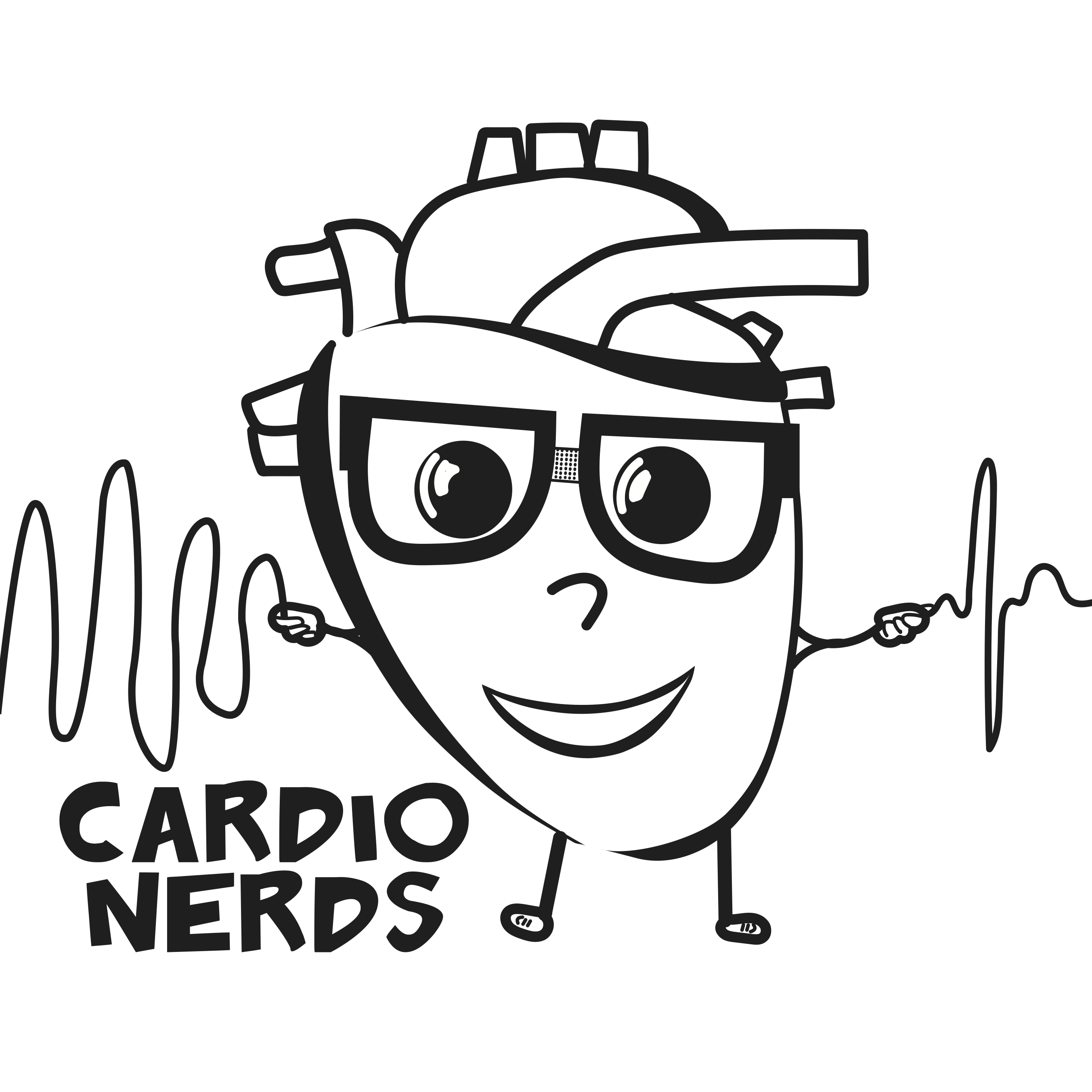372. Case Report: Chronic Chagas Cardiomyopathy with Recurrent Ventricular Tachyarrhythmia Georgetown University

CardioNerds (Dr. Jessie Holtzman, Chair for the CardioNerds Women\u2019s Heart Disease Committee, and Dr. Naima Maqsood, Chair for the CardioNerds Electrophysiology Committee) join Dr. Ritika Gadodia, Dr. Namratha Meda, and Dr. Tsion Aberra from the Medstar Washington Hospital Center/Georgetown University Program for the National Cherry Blossom Festival. They discuss involving a patient with Chagas cardiomyopathy. Dr. Rachel Marcus provides the Expert CardioNerd Perspectives & Review\xa0segment for this episode. Episode audio was edited by Dr. Diane Masket.\n\n\n\nA 79-year-old male with a history of cardiomyopathy presented with recurrent ventricular tachycardia (VT) post-CRT-D placement. On arrival, the patient was in cardiogenic shock. Initial treatment with amiodarone and milrinone failed, necessitating the addition of mexiletine. Imaging was suggestive of a left ventricular ejection fraction of 20-25% with severe global hypokinesis. Prior coronary angiogram had shown nonobstructive coronary artery disease. Further non-ischemic cardiomyopathy evaluation was unrevealing. Given his El Salvadorian origins, Chagas serology results revealed Chronic Chagas Cardiomyopathy (CCM) confirmed by CDC testing. This case underscores the importance of suspecting CCM in patients with risk factors. An early diagnosis of CCM, can prevent catastrophic events (heart blocks, ventricular arrhythmias, thromboembolic events).\n\n\n\nIn summary, this case takes the learner through the journey of a patient with non-ischemic cardiomyopathy and emphasizes the importance of approaching it with a wide range of differentials.\n\n\n\n\n\n\n\nUS Cardiology Review is now the official journal of CardioNerds! Submit your manuscript here.\n\n\n\n\n\n\n\n\n\nCardioNerds Case Reports PageCardioNerds Episode PageCardioNerds AcademyCardionerds Healy Honor Roll\n\n\n\n\n\nCardioNerds Journal ClubSubscribe to The Heartbeat Newsletter!Check out CardioNerds SWAG!Become a CardioNerds Patron!\n\n\n\n\n\nCase Media\n\n\n\n\n\n\n\n\n\n\n\n\n\n\n\n\n\nPearls - Chronic Chagas Cardiomyopathy with Recurrent Ventricular Tachyarrhythmia\n\n\n\n\nAlways consider Chagas cardiomyopathy when you have a patient from Latin America who presents with non-ischemic cardiomyopathy.\n\n\n\nChagas cardiomyopathy is associated with an unfavorable prognosis and serves as an independent predictor of mortality.\n\n\n\nChagas cardiomyopathy is arrhythmogenic and requires consideration for ICD and, when appropriate, catheter based ventricular tachycardia ablation.\n\n\n\nIt is crucial to treat patients with nifurtimox and benznidazole when appropriate.\n\n\n\nProvide screening for first-degree family members or close relatives who may have lived in the same environment.\n\n\n\n\nShow Notes - Chronic Chagas Cardiomyopathy with Recurrent Ventricular Tachyarrhythmia\n\n\n\n\nWhat is the disease progression in Chagas disease5?\n\n\n\n\nAcute Stage:Initial infection occurs through contact with infected triatomine bug feces or contaminated blood products.Symptoms may be mild or absent but can include fever, fatigue, body aches, and swelling at the injection site (chagoma).\n\nParasitemia is high during this stage.\n\n\n\n\n\nIntermediate/Indeterminate Stage:The infection becomes chronic if left untreated.Many individuals enter this stage with no noticeable symptoms.Parasitemia levels decrease, but the parasite remains in the body, mainly in muscle and cardiac tissue.\n\nThis stage can last for years to decades.\n\n\n\n\n\nChronic Stage:Some individuals will remain asymptomatic throughout their lives.Cardiac complications (chronic Chagas cardiomyopathy) can lead to arrhythmias, congestive heart failure, and sudden death.\n\nDigestive complications can result in enlarged esophagus (megaesophagus) and colon (megacolon), leading to difficulties in swallowing and digestion.\n\n\n\n\n\n\nWhen do we suspect, and who do we screen, for Chagas disease?\n\n\n\n\nThe seroprevalence of CCM in the USA is as high as 19%16. Among patients with LVEF<50%, the rate of positive serology was 28%. Similarly,